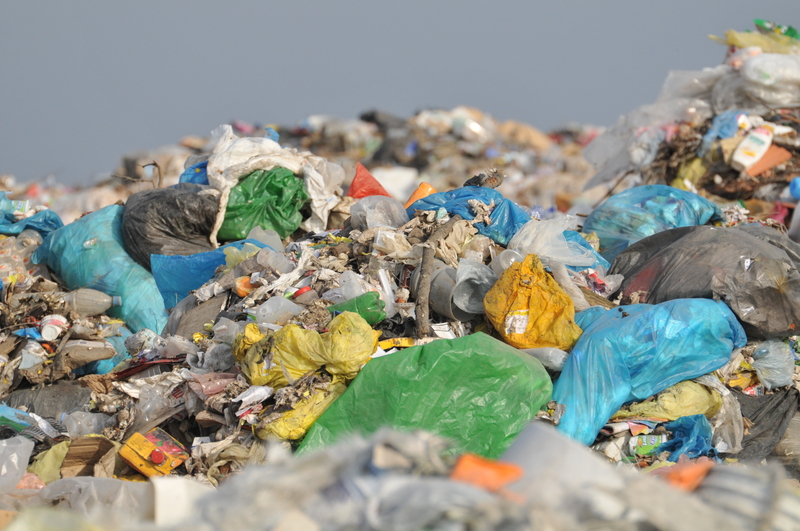Food Waste Recycling
Recently, there have been a number of questions raised within the membership of the Association of New Jersey Recyclers with regard to food waste and food waste composting. The general debate revolves around the issue of landfilling versus composting of this material.
Those that are in favor of landfilling are of the opinion that food in a landfill is good as it generates methane and the landfill can be made into a bioreactor to generate natural gas. This can be collected as fuel and put to use in the generation of electricity, sent directly to pipelines or used to fuel vehicles.
The opposing camp would prefer to take food waste and either aerobically compost it for fertilizer, anerobically digest it to make methane for fuel or use it to make biofuel. In each of these arguments, the food stays out of the landfill and is sent to a facility for further processing.

In New Jersey, food waste composting is a problem child since we are a state comprised of BANNANAS. A BANNANA is someone who is of the opinion that we should Build Absolutely Nothing Near Anyone Nor Anywhere. Or conversely, we should build it, but it should be by you, not me.
Oh, we are a state of environmentally opinionated people; but only so long as the environmental activity poses no risk or presents zero inconvenience. Food waste composting facilities are filled with potential inconvenience in the form of odor.
So what do we do?
Today, those that want to compost food on a large scale are forced to hire companies willing to truck the material to out of state facilities. These generators are to be commended for making this effort, but it is a shame that we have to create emissions from trucks to do the right thing.
Two things are clear. The first is that putting the food in a landfill to create a bioreactor is an archaic concept for the 21st century.
Secondly, we must move forward with the siting of modern food waste composting facilities that take the food to a higher and better use. That higher and better use might include compost, or an efficiently generated biofuel.
To accomplish this goal, we need to modify the State Solid Waste Planning process in such a way so as to encourage the placement of composting and food waste processing facilities in appropriate areas as inexpensively as possible.
Until we do this, we will continue to just talk about food waste and continue to waste it.

BANNANAS ?1
Well someday BANNANAS – Lets us hope that it will be recognized the same as NIMBY!